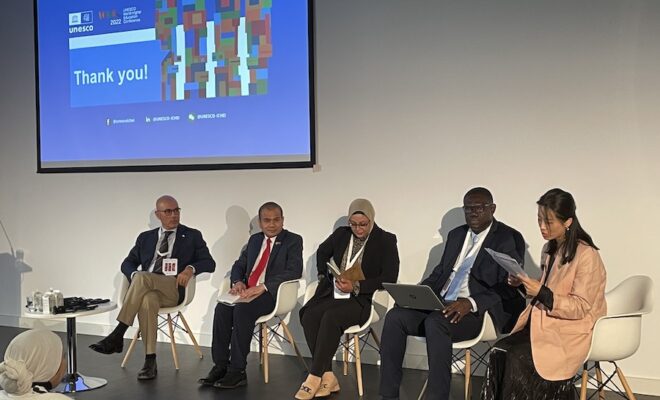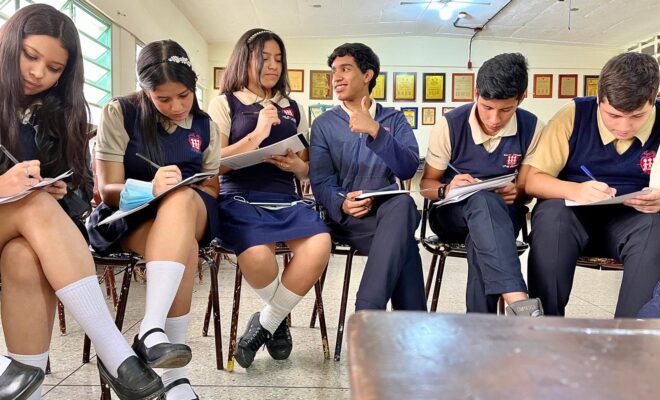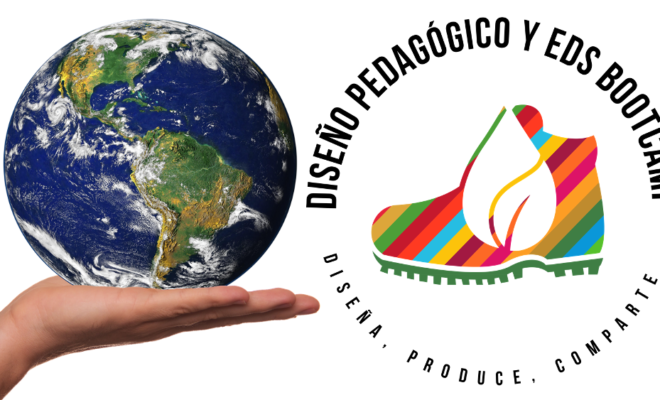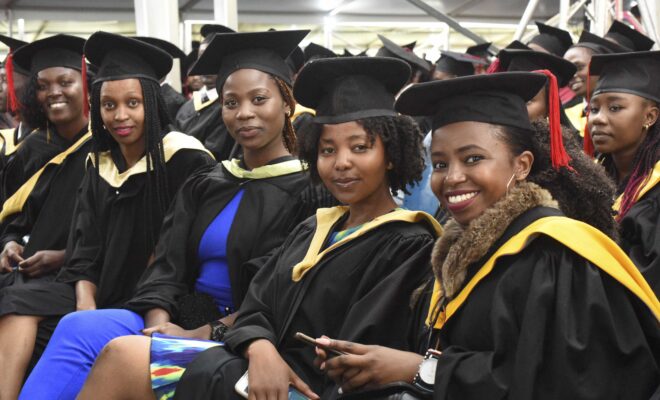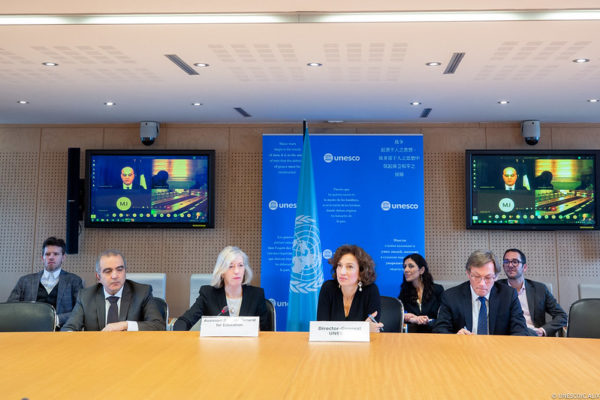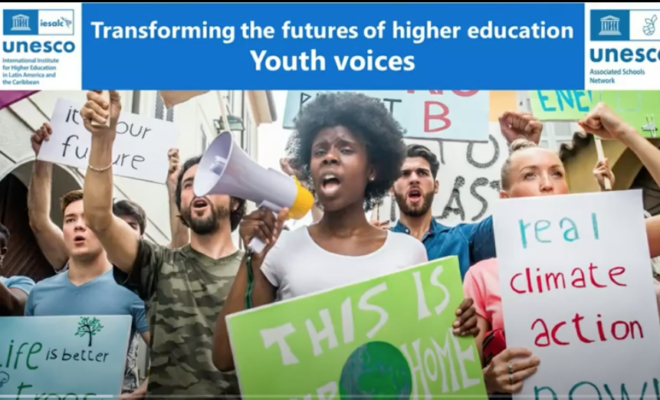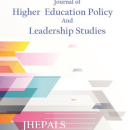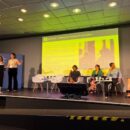Report reveals the state of higher education two years on from the disruption of Covid-19
- The rapid return to in-person teaching and learning and the stabilization of enrolment patterns suggest that the changes will not lead to a fundamental transformation of higher education as a face-to-face experience
- Higher Education Institutions around the world are likely to take forward at least some digitalized practices in the long term

The impact of the pandemic in higher education has been diverse, profound and different for each institution and country, showing in general great efforts in all levels to be resilient and adapting rapidly to changes. The new UNESCO IESALC report Resuming or Reforming? Tracking the global impact of the COVID-19 pandemic on higher education after two years of disruption. It explores how global higher education has responded to the Covid-19 over the past two years, presenting a substantive international analysis of the impacts the pandemic has had on higher education, in order to comprehend trends, opportunities, and challenges moving forward.
The pandemic has exposed multiple levels of inequalities that in higher education include differential treatment of students based on their background, closed access to knowledge and research results, unevenness in global patterns of research collaboration, and lack of access to the basic requirements of digitalized higher education such as devices, internet access, and electricity
Resuming or Reforming Report
“The pandemic has exposed multiple levels of inequalities that in higher education include differential treatment of students based on their background, closed access to knowledge and research results, unevenness in global patterns of research collaboration, and lack of access to the basic requirements of digitalized higher education such as devices, internet access, and electricity.
The urgency of addressing these inequities must be kept at the forefront as higher education begins to think ahead to create a more equitable post-pandemic world.”
The report shows how HEIs were generally unprepared for the COVID-19 disruption. Good management practices were based on flexibility, strong communication, crisis team creation, digitalization and remote work. Services were greatly impacted and virtual delivery was dependent on the availability of infrastructure. Institutional finances were also impacted. The mental health of students, faculty and staff became a major concern.
The COVID-19 changed the nature of teaching and learning for students and faculty to an online model. The sudden transition opened great opportunities for innovation in virtual mobility and collaboration. However, it also impacted in the quality of instruction because infrastructure and people often lacked previous experience of teaching and learning in virtual environments.
Research, one of the cornerstones of a country’s development prospects, was also widely affected by the pandemic. Access to knowledge has widened but resources were mostly geared towards COVID-19 and fieldwork was disrupted. Female academics, early career researchers and PhD students were the most vulnerable regarding job placements and stability.
The major impact on internationalization was on physical academic mobility. Students faced multiple challenges related visa issues, health and wellbeing. Some were the target of xenophobia and discrimination. Virtual modalities gained space to create international environments and disseminate knowledge.
As the pandemic continues to unfold, its long-lasting effects are far from being settled. As the report finds, two key elements are perhaps already evident. First, the rapid return to in-person teaching and learning and the stabilization of enrolment patterns suggest that the changes of 2020 and 2021 will not lead to a fundamental transformation in the core understanding of higher education as a face-to-face endeavour. Second, the resumption of academic-related travel also points to the re-emergence of pre-pandemic era trends when it comes to the internationalization of higher education.
Some takeaways
- Higher education institutions can build on the foundation of the rapid shift to online teaching and learning to be better prepared to ensure uninterrupted learning. Investment is needed in instructor training and infrastructural solutions so that the quality of online learning is not compromised.
- More robust review mechanisms should be implemented for research data collection to address growing concerns with systemic biases.
- Funding for all areas of research – not only those related to the pandemic – must be assured.
- Principles of open science that call for broad access to knowledge by overcoming linguistic, technological and financial barriers should be incorporated.
- More institutional and national efforts are needed to introduce diverse strands of internationalization (both at home and abroad).
- Access to international learning experiences needs to be further expanded through incorporating virtual student mobility into the learning process.
Download the report: Resuming or reforming? Tracking the global impact of the COVID-19 pandemic on higher education after two years of disruption
https://unesdoc.unesco.org/ark:/48223/pf0000381749
Related news
RELATED ITEMS
